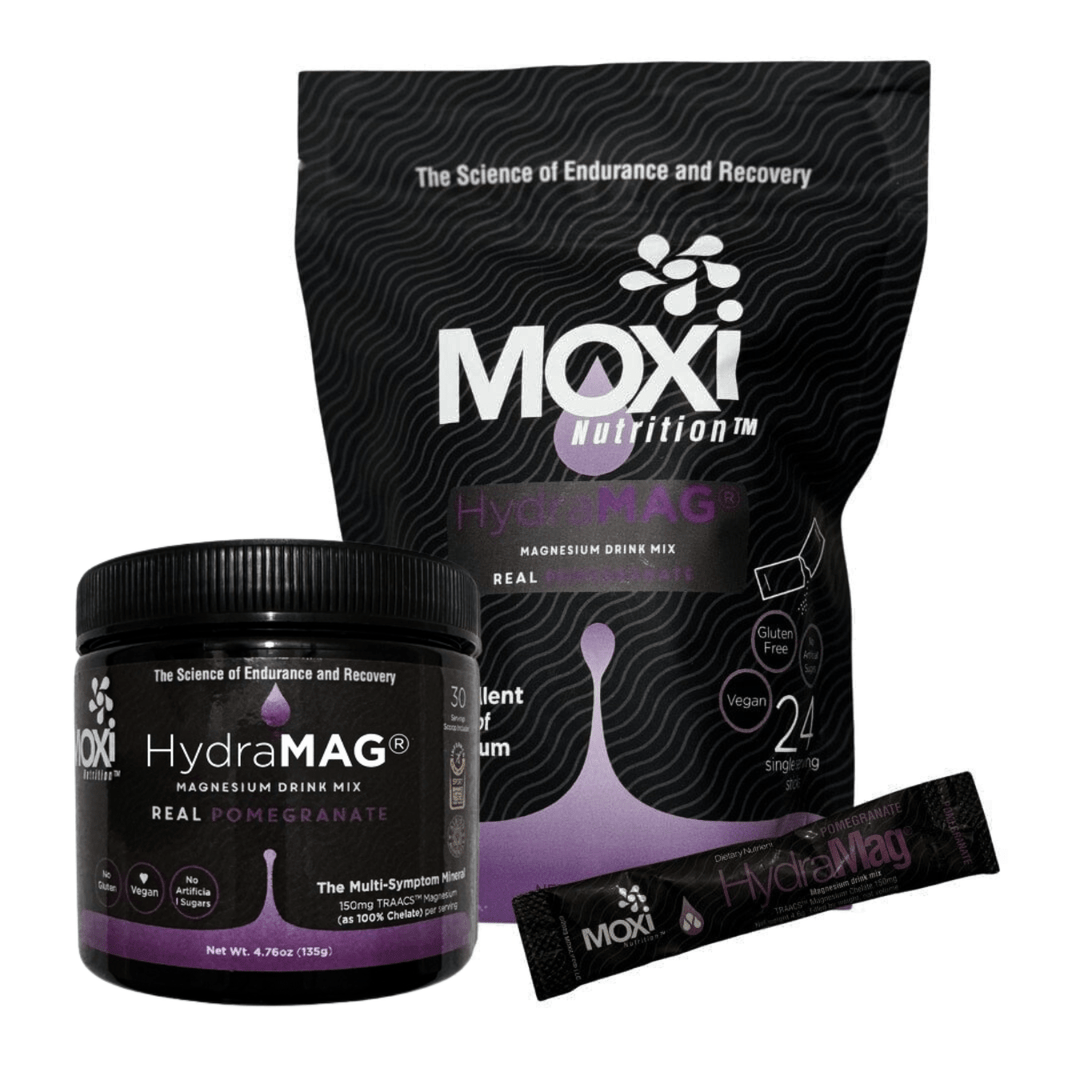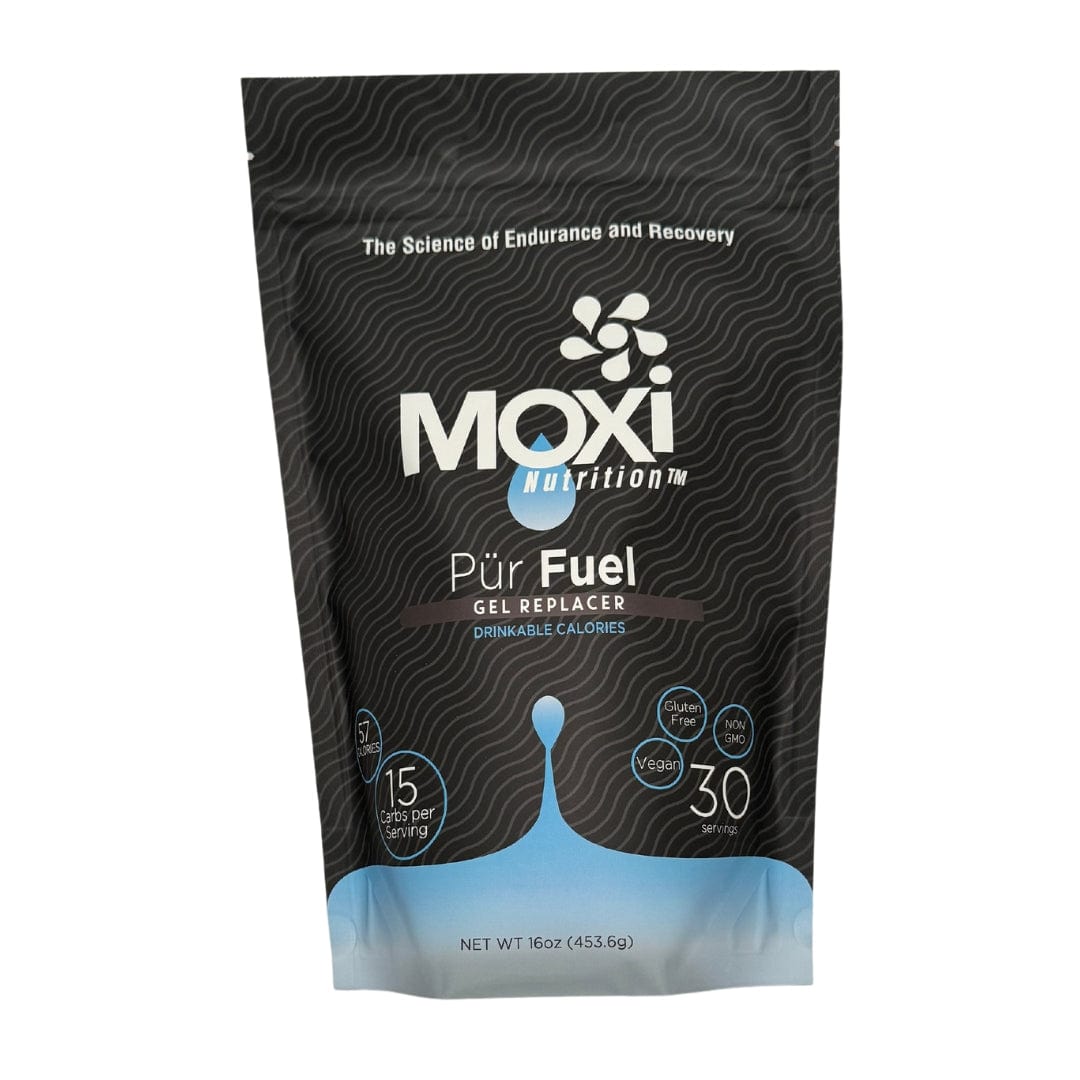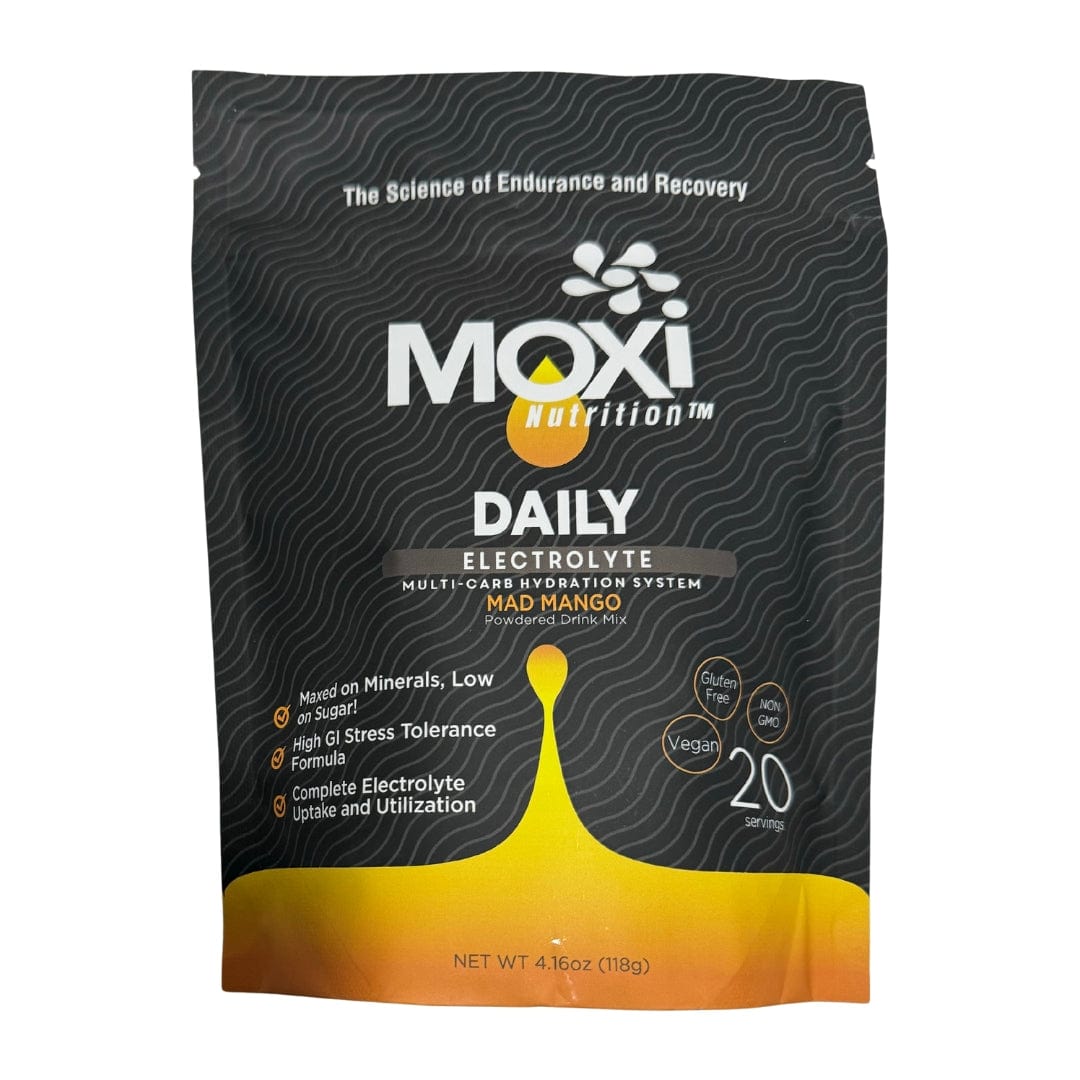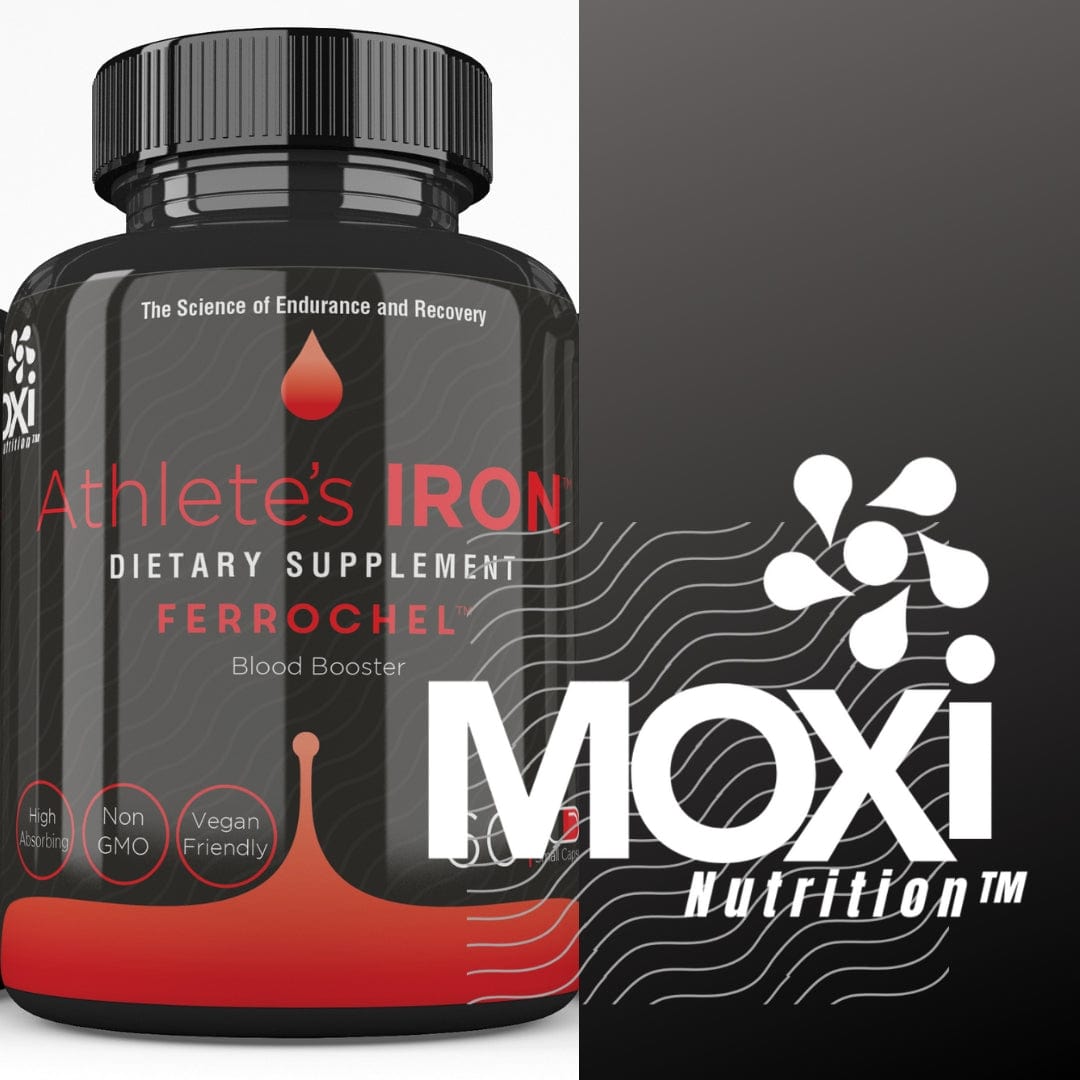The Importance of Liver Health for Athletes: A Comprehensive Overview

The pursuit of peak performance and optimal physical health is a priority for athletes. While professional athletes meticulously focus on diet, exercise routines, and recovery strategies, one critical aspect that often gets overlooked is liver health. The liver, the largest internal organ, performs vital functions such as detoxification, metabolism, and nutrient storage. This article delves into the significance of liver health for athletes, outlining the risks of liver damage, the impact on athletic performance, and the key practices necessary for liver maintenance.
Understanding Liver Function
The liver plays a crucial role in maintaining overall health. It assists in metabolizing nutrients, storing vitamins and minerals, producing proteins, and detoxifying harmful substances. Liver health is vital for athletes as it contributes directly to energy production, muscle growth, and recovery, among other physiological processes.
Impact on Athletic Performance
1. Energy Metabolism: The liver regulates blood glucose levels, supplying energy to muscles during exercise. Impaired liver function can disrupt this process, leading to reduced athletic performance, fatigue, and compromised endurance levels.

2. Nutrient Storage and Utilization: The liver stores glycogen, a key energy source during physical activity. Optimal liver health ensures efficient utilization of these stored carbohydrates, contributing to sustained performance and preventing premature fatigue.
3. Muscle Recovery: Post-exercise, the liver stores nutrients such as amino acids, vitamins, and minerals essential for muscle repair. Poor liver function can hinder this process, resulting in delayed recovery, increased soreness, and decreased muscle growth.
4. Detoxification: An athlete's training routine often exposes them to environmental toxins and increased oxidative stress. The liver eliminates these toxins and byproducts, protecting overall health and aiding in the prevention of injury.
Risk Factors for Liver Damage
1. High-intensity Training: Intense physical exercise generates free radicals that can potentially damage liver cells if not neutralized adequately. Prolonged and excessive training without proper recovery can tax the liver's detoxification capacity, compromising its overall function.
2. Nutritional Considerations: Athletes may resort to extreme diets, not obtaining adequate nutrients necessary for liver health. Certain supplements, such as anabolic steroids or performance-enhancing drugs, can also impair liver function if abused or used without guidance. Alcohol consumption, common among some athletes, is known to inflict liver damage.
3. Dehydration: Insufficient fluid intake compromises liver function and hinders detoxification processes.
4. Medications and Supplements: Athletes often turn to medications and supplements to enhance performance. However, certain prescription drugs or unregulated supplements may burden the liver, leading to potential damage if not used responsibly.
Unhealthy Liver Outcomes
When athletes have an unhealthy liver, their performance can be significantly affected in several ways:
1. Decreased Energy Levels: The liver plays a key role in regulating blood glucose levels by storing and releasing glycogen. When liver function is compromised, glycogen storage and release may be impaired, leading to decreased energy availability for physical activity. This can result in reduced stamina, poor endurance, and a decline in overall performance.
2. Reduced Muscle Recovery: A healthy liver stores various nutrients, including amino acids, vitamins, and minerals that are essential for muscle repair and recovery. When the liver is not functioning properly, the storage and delivery of these key nutrients may be compromised. As a result, athletes may experience slower recovery times, increased muscle soreness, and a decreased ability to build and repair muscle tissue.
3. Impaired Detoxification: During intense training, athletes are exposed to increased oxidative stress and may come into contact with environmental toxins. The liver serves as the primary organ responsible for detoxification, clearing the body of harmful substances. When liver function is compromised, the body's ability to eliminate toxins may be hindered. This can lead to increased inflammation, oxidative damage, and a higher risk of injury.
4. Inhibited Metabolism: Proper liver function is crucial for metabolism, as the liver is responsible for metabolizing nutrients, including carbohydrates, fats, and proteins. When the liver is unhealthy, metabolic processes may become disrupted. This can result in inefficient energy utilization, impaired nutrient absorption, and difficulty maintaining optimal body composition. Athletes may experience difficulties in achieving and sustaining their desired weight, lean muscle mass, and athletic performance.
5. Altered Hormone Regulation: The liver plays a significant role in hormone regulation by metabolizing and eliminating excess hormones from the body. When liver function is compromised, hormonal imbalances can occur, impacting an athlete's performance. Hormonal disruptions can affect energy levels, recovery, muscle growth, and overall athletic performance.
6. Increased Risk of Inflammation and Injury: Liver dysfunction can lead to increased systemic inflammation, impairing the body's ability to recover and repair from exercise-induced damage. Inflammation can also contribute to a higher risk of injuries, prolonged recovery times, and a decline in overall performance.
It is evident that an unhealthy liver can have far-reaching consequences for an athlete's performance. Thus, ensuring liver health through proper nutrition, hydration, responsible supplement use, and avoiding harmful substances such as alcohol is vital to support optimal athletic performance and overall well-being.
Liver Health Practices for Athletes
1. Balanced Nutrition: Athletes should focus on a balanced diet with adequate protein, healthy fats, complex carbohydrates, and essential vitamins and minerals. Including liver-friendly foods such as leafy greens, citrus fruits, turmeric, and cruciferous vegetables can support liver health. Eggs are also an essential food source for choline, the nutrient that helps clean the liver and reduce cholesterol.
2. Hydration: Maintaining proper hydration levels supports liver function and aids in detoxification. Athletes must ensure adequate water intake and avoid excessive consumption of caffeinated and alcoholic beverages.
3. Regular Exercise: Engaging in regular, moderate-intensity exercise helps maintain liver health by promoting blood circulation and optimizing metabolic function. However, avoiding excessive training volume and providing adequate recovery time is crucial to avoid overtaxing the liver.
4. Responsible Supplement Usage: Consultation with a healthcare professional is essential to ensure safe usage of medications and supplements, minimizing the risk of liver damage.
5. Avoidance of Alcohol:  Athletes should limit or abstain from alcohol consumption entirely to avoid placing additional strain on the liver.
Athletes should limit or abstain from alcohol consumption entirely to avoid placing additional strain on the liver.
Conclusion:
In conclusion, prioritizing liver health is imperative for athletes aiming to achieve peak performance and overall well-being. A well-maintained liver provides the energy, nutrients, and detoxification capabilities necessary for athletes to excel. By adopting proper dietary practices, hydration, exercise routines, and responsible supplement usage, athletes can safeguard their liver health, optimize their performance, and reduce the risk of potential liver-related complications.







